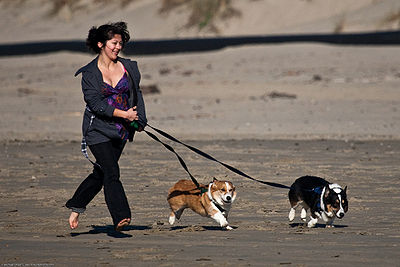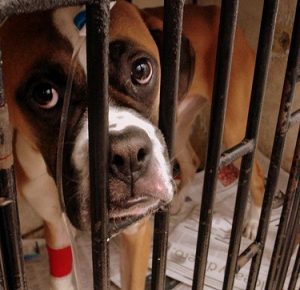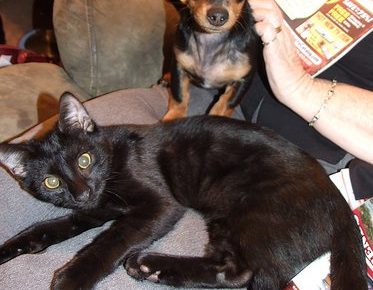
Exercising your dog promotes calmness at home and is necessary for the good health of your pal.
Exercising your dog offers a 2 fold benefit, not only exercise for your dog, but exercise for you as well.
Too little exercise can result in unwanted destructive and attention-seeking behavior.
Of course walking your dog seems to be the #1 exercise. If you enjoy jogging or running, you can incorporate it into your walk. A couple of brisk daily walks lasting 30-60 minutes will make for a happy dog. And please allow your dog to stop and smell the roses and everything else. Smelling for a dog is akin to our gossip as it gives out all kinds of information.
Swimming is another excellent exercise. Weather permitting, most dogs love the water, either at the beach or your home pool. Remember never to leave your dog unattended in the water.
Dog parks are great places for your furpal to interact with other dogs. It also helps socialize your dog with other people and dogs. Remember to check and observe all the rules of the dog park.
If you have a treadmill at home, it can be used as a dog walker on those days you can’t get out. Adjust the speed and amount of time spent on it to your dog’s particular needs. Don’t leave your dog unattended on the treadmill.
There are puzzle toys and toys you can stuff with treats. Your dog gets the pleasure of playing search and is rewarded with finding a treat.
Interactive games like fetch or hiding a toy and asking your dog to seek it out are fun for you both.
You can build a tunnel outdoors using cardboard boxes and start your dog on agility training. Hang a tire from a tree and have your dog jump through it. If you have a small sturdy ladder, you can train your dog up and down. All it takes is a little imagination to set these things up.
These are just some of the things you and your dog can do together to bond even more closely. They will increase your dog’s brain power as well as provide physical exercise.
Some precautions: Large breeds with narrow bodies and deep chests such as German Shepherds, Dobermans and Great Danes should rest after meals for at least an hour as they are prone to bloat.
Brachycephalic (short-nosed, flat-faced) dogs may have breathing difficulties if exercised too vigorously.
Care should be taken with young dogs and short-legged dogs. No matter what type of dog you have, watch him/her to assess how much exercise s/he can tolerate without becoming exhausted. Too much vigorous exercise can damage bones and joints.
Related Articles


